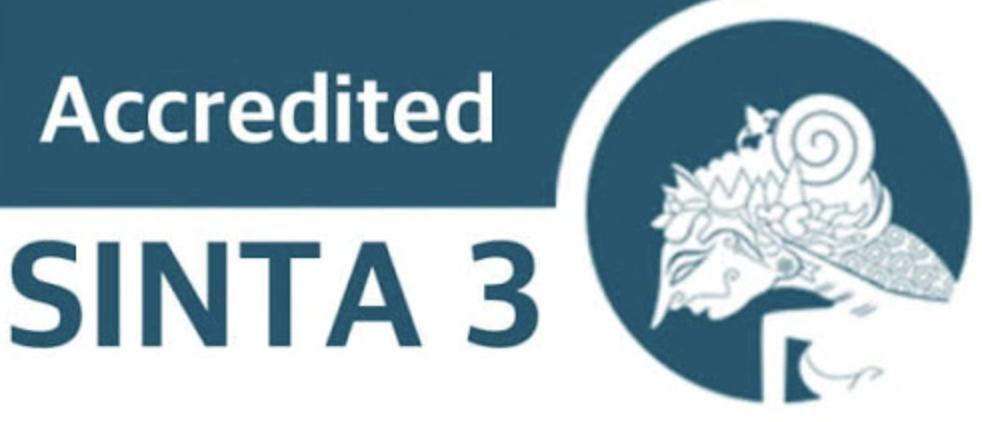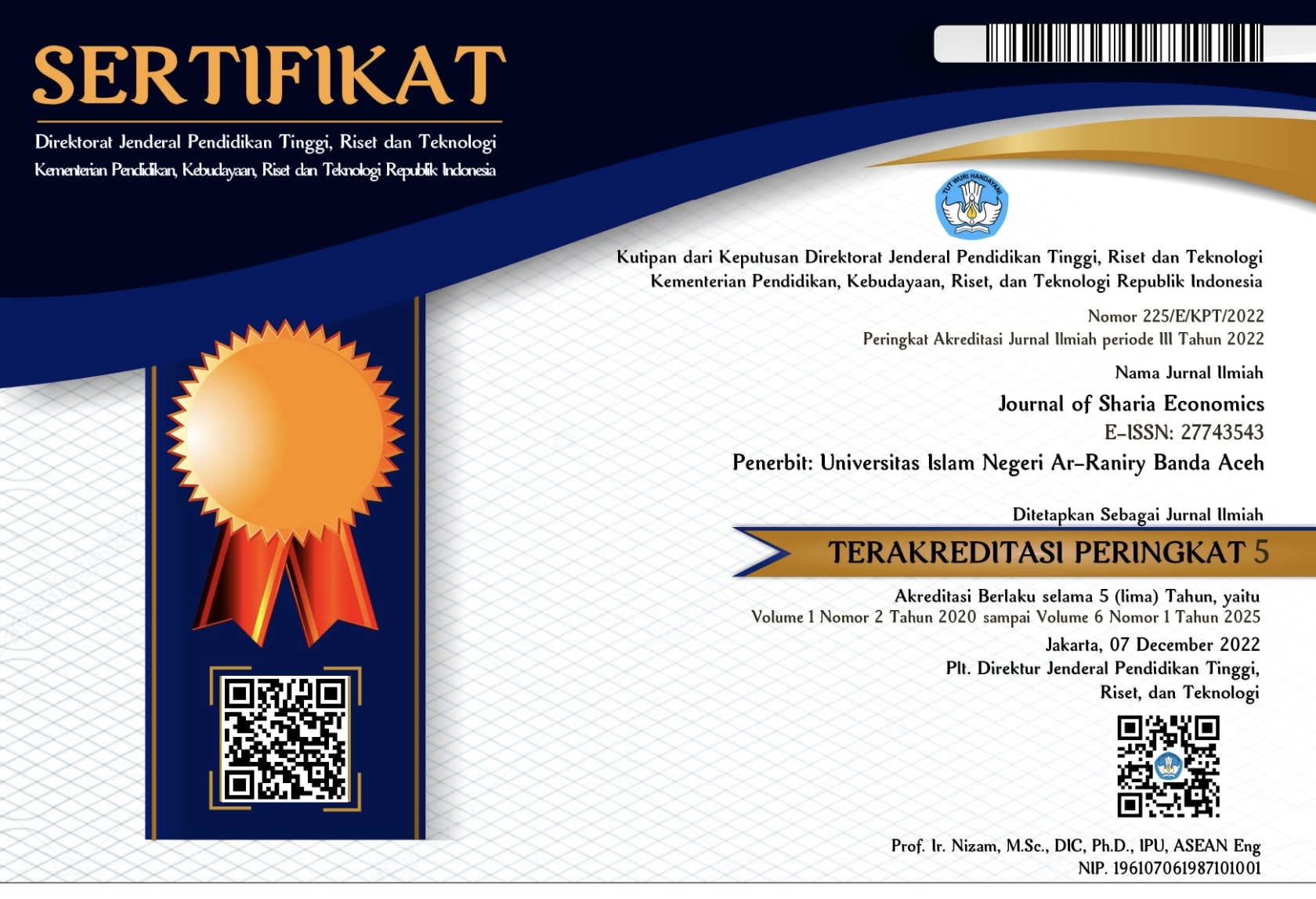ZAKAT GOVERNANCE MODEL IN ALLEVIATING POVERTY: A BIBLIOMETRIC STUDY
DOI:
https://doi.org/10.22373/jose.v6i2.8296Keywords:
Zakat governance, bibliometric analysis, poverty alleviation, Islamic finance, scholarly trendsAbstract
This study aims to analyze the development of scholarly research on zakat governance models in poverty alleviation through a bibliometric approach. Data were collected from international indexed publications within the period 2012–2025, comprising a total of 48 documents. A bibliometric method was employed to identify publication trends, leading sources, authors, institutions, and country contributions in zakat-related studies. The analysis was conducted using Biblioshiny and VOSviewer software. The findings reveal that research on zakat has grown significantly since 2019, with peak productivity observed between 2021 and 2023. Indonesia and Malaysia emerged as the main contributors, with Universitas Airlangga and University Utara Malaysia being the most productive institutions. In terms of sources, the Journal of Islamic Accounting and Business Research was identified as the most influential journal, while Malaysia ranked highest in citation impact. Overall, the study confirms that zakat plays a vital role as a strategic instrument for poverty alleviation; however, strengthening governance, enhancing transparency, adopting digital innovation, and fostering international collaboration remain crucial to optimizing its contribution.
Downloads
Published
Issue
Section
License
Copyright (c) 2025 Yudisth Fawwaz, Hendra Syahputra, Hafidhah Hafidhah, Intan Qurratulaini

This work is licensed under a Creative Commons Attribution 4.0 International License.












